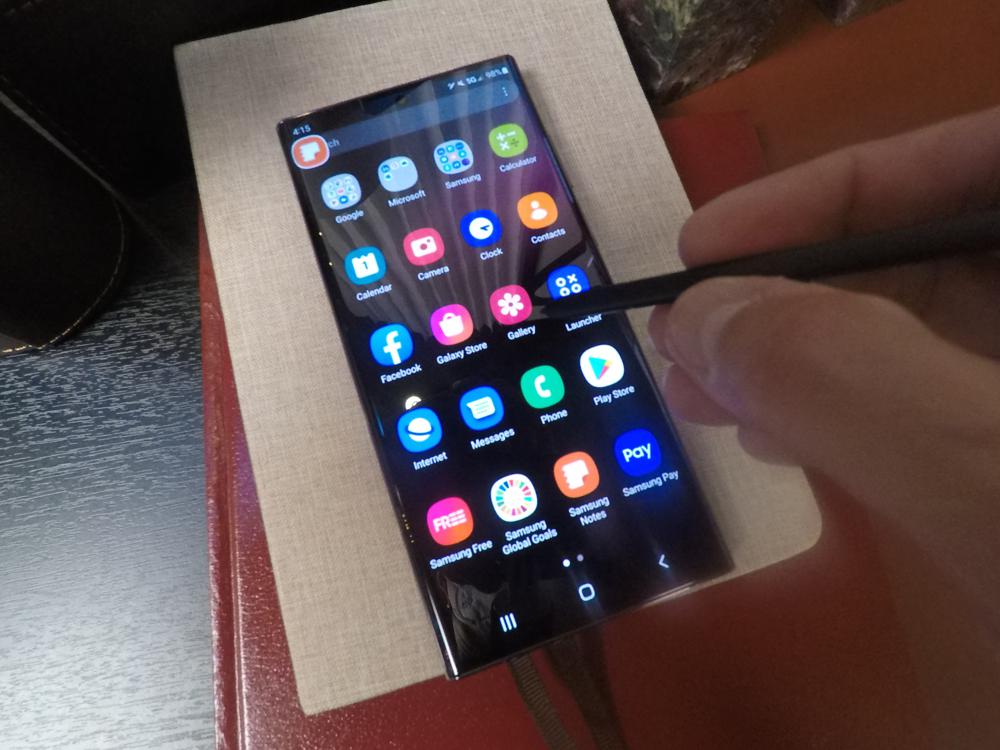If you feel like you just can’t live without your smartphone, you’re unfortunately not alone. A recent survey has found that 6 in 10 people say they “can’t cope” with being separated from their precious cellular devices.
The survey found that just 30% of people are even willing to leave their homes without it. But even amongst those people, they are almost completely dependent on their smartphones when they do take it.
68% of survey respondents said they need their phones to take pictures, 64% said they must have it to check the time, and 62% said they need it to check the weather, and 13% even admitted being unable to figure out the way to work without a phone.
This modern “need” for a smartphone has also been leaving people feeling anxious when their phone isn’t around or when they have a low battery.
55% of survey respondents said that running out of battery is a “nightmare scenario,” and 1 in 8 people said a dying battery gives them anxiety.
Furthermore, there’s not much that smartphone users find more stressful than the loss of their phones.
48% of respondents said it would be “very upsetting” if they lost their phone. That’s more than the number of people who said they’d be very upset if they lost their bank card (46%), their car keys (40%), or even their wedding ring (25%).
Perhaps it’s time to ask: does your smartphone serve you or are you serving the behemothic corporations who love your addiction to their devices?
(YWN World Headquarters – NYC)












7 Responses
If YWN is so shtark on phones, why have a mobile site?
It would be more abnormal to not feel “anxiety” about losing your ability to communicate in an emergency as well as for socializing, obtain directions, pay your bills, make travel reservations, download the kariah, find medical information etc, etc. all with one small device that fits in your pocket. For most normal people, the pros far outweigh the cons.
All trends that involve lifestyles founded upon dependency seem to thrive. The dependence on digital devices looms larger than addictions to gambling, drugs, and alcohol. In our own community, we have observed the growth of the kollel system, with all the benefits of the audible Kol Torah in so many places, to a myth of one needing to marry only a “learning boy”. The latter is not a greater guarantee of having a Torah home, shalom bayis, or children bnai Torah. But it does render the couple completely dependent on their parents, and the plethora of entitlement programs. I am not interested in this discussion deviating into the debate pro or con about kollel. I am just pointing to the dependency pattern that has a draw, and it is often followed by a negative situation.
I my self have a smart phone, but look at it once in a while, but I am appalled to see the secular people who can not seem to live a minute without the stupid smartphone.
When I go into stores, the poople are on their phones, no one is interested in helping me. sad….
@Gadolhadorah: You can be right in theory, but would the results be exactly the same if the same study were to be done on people who have only Kosher flip phones?
GH:
Face it. We are all addicted to and dependent on technology.
Face it. Smartphones are powerful devices that can do a lot.
Face it. Smartphones pose a potential risk, enablinig things that are dangerous and frankly against halacha do be done.
Face it. Banning devices makes some people feel good and succeeding in controlling things. Reality is that bans accomplish terribly little.
Face it. As a community, we are failing at teaching our generation how to use technology while maintaining the kedusha that we so desperately need.
I’m not sure if a truly “kosher” flip phone would provide the functionality of a filtered “smart phone” and thus it would be an apple and oranges comparison.